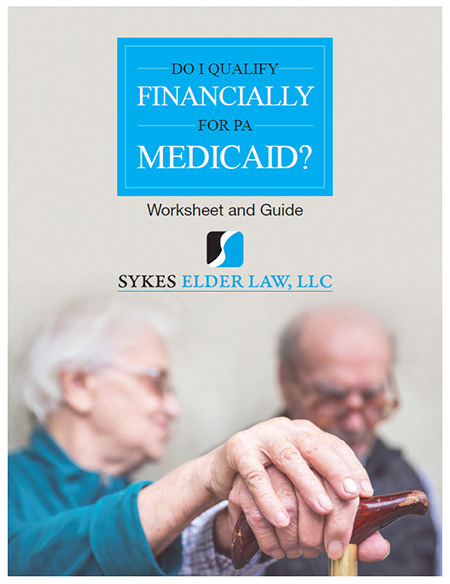For many middle class seniors, the house is one of their major assets – sometimes the most valuable asset.
I’m often asked, “How do I save my house from being lost to nursing home costs?” The answer in many situations is through the use of an asset protection trust designed for Medicaid purposes.
Assets placed into an asset protection trust are not required to be spent down to qualify for Medicaid benefits, nor are they subject to loss after death to Pennsylvania’s estate recovery program. Once you are past the state’s five-year look-back period, there will be no penalty if you apply for Medicaid.
Other alternatives lack the advantages of a trust. Here is one of the most common alternatives clients often suggest, not realizing the hazards:
Q: Why don’t I just give my house to my son? He is reliable, and has promised he will let me live there for the rest of my life. After five years, I will not have any problem with the look-back period.
A: It’s possible this plan could work the way you imagine – if nothing bad happens. You could apply for Medicaid penalty-free after five years, and the house would pass to your son in its entirety.
But your plan could fail if something bad happens. Your son could die, and if he was married, the house could then be owned by his wife. Will she honor his promises to you? What if she remarries – will the new husband want to sell the house that they both now own? Your son could get divorced and lose the house to a hostile ex-wife. If he is single when you give him the house, he could marry and have pressure from his new spouse to do something different with the house. You could have a stroke in the next five years and need to apply for Medicaid, meaning the house would have to be gifted back or you would face a Medicaid ineligibility penalty. These are just a few of the possibilities.
Even if none of those things happen, you still have another problem – capital gains taxes. Your son will probably face higher capital gains taxes from receiving the house by gift than he would if he inherited it from you directly or through a grantor-type trust.
On the other hand, if you place the house into a trust, you can have safeguards built into the trust that would protect you if something bad happened to any of your beneficiaries. You could enjoy favorable capital gains tax treatment. If your health failed in the next five years, a trust could give you greater options for protecting the house than you would have if you simply gave the house away.
To learn more about asset protection trusts and how they can help you save your house and other assets, join us for a free estate planning workshop.
[adrotate banner=”1″]






